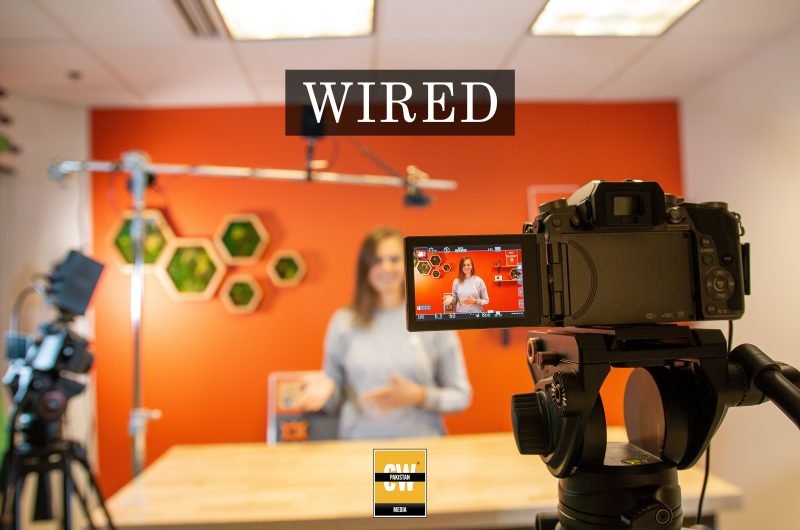In a significant step toward strengthening international cooperation in emerging technologies, the Pakistan Crypto Council (PCC) has initiated high-level dialogue with the United States to develop collaborative programs focused on blockchain, artificial intelligence (AI), and youth empowerment. The council’s CEO, Bilal Bin Saqib, recently met with Acting US Ambassador to Pakistan, Natalia Baker, to lay the groundwork for future partnerships that could unlock a new era of innovation and opportunity for Pakistani youth.
The meeting, held in Islamabad, served as a platform to align both nations’ mutual interests in Web3, AI, and digital talent development. With a young, tech-savvy population eager to engage with next-generation technologies, Pakistan was highlighted during the discussion as a country with tremendous untapped potential. The two leaders agreed on the importance of nurturing this demographic through collaborative innovation, structured knowledge exchange, and cross-border partnerships.
“Pakistan is home to one of the world’s youngest populations — eager, ambitious, and ready to lead the future of Web3 and AI,” stated Bilal Bin Saqib. “This is the time to invest in them, to connect them with global leaders, and to create real pipelines of opportunity between the US and Pakistan.”
The agenda for future cooperation includes a series of joint youth development initiatives designed to build practical competencies in blockchain and AI. These may take the form of hackathons, innovation labs, or training bootcamps facilitated by both Pakistani and US stakeholders. Additionally, a talent exchange program is being planned, offering promising Pakistani tech professionals and students the opportunity to engage directly with US-based tech firms and academic institutions.
Another major component of the collaboration is the development of memoranda of understanding (MOUs) between Pakistani startups and American companies. These agreements aim to enhance technology transfer, mutual investment, and startup growth, allowing Pakistan’s emerging tech ecosystem to integrate more meaningfully with global innovation networks.
The conversation between PCC and the US envoy emphasized the broader implications of these initiatives—not just as bilateral efforts, but as strategic investments in economic inclusion, diplomacy, and digital development. With the rise of decentralized technologies, the Pakistan Crypto Council envisions blockchain not only as a financial infrastructure but also as a platform for collaboration, education, and governance.
This outreach underscores Pakistan’s growing relevance in global conversations around the future of technology and youth empowerment. For the US, fostering such engagement can strengthen its ties in South Asia while contributing to the development of inclusive tech ecosystems. For Pakistan, it signals a willingness to open new channels for its talented youth to gain exposure, share knowledge, and co-create solutions with global impact.
As discussions progress, the partnership between the Pakistan Crypto Council and the United States Embassy is expected to lead to formalized projects and public announcements. For Pakistan’s startup founders, developers, and digital policy advocates, this moment represents a transformational opportunity to engage with one of the world’s most advanced technology ecosystems.
This developing alliance could well serve as a template for future public-private diplomacy in the digital age, empowering the next generation of innovators to bridge gaps, build trust, and reimagine the future together.










